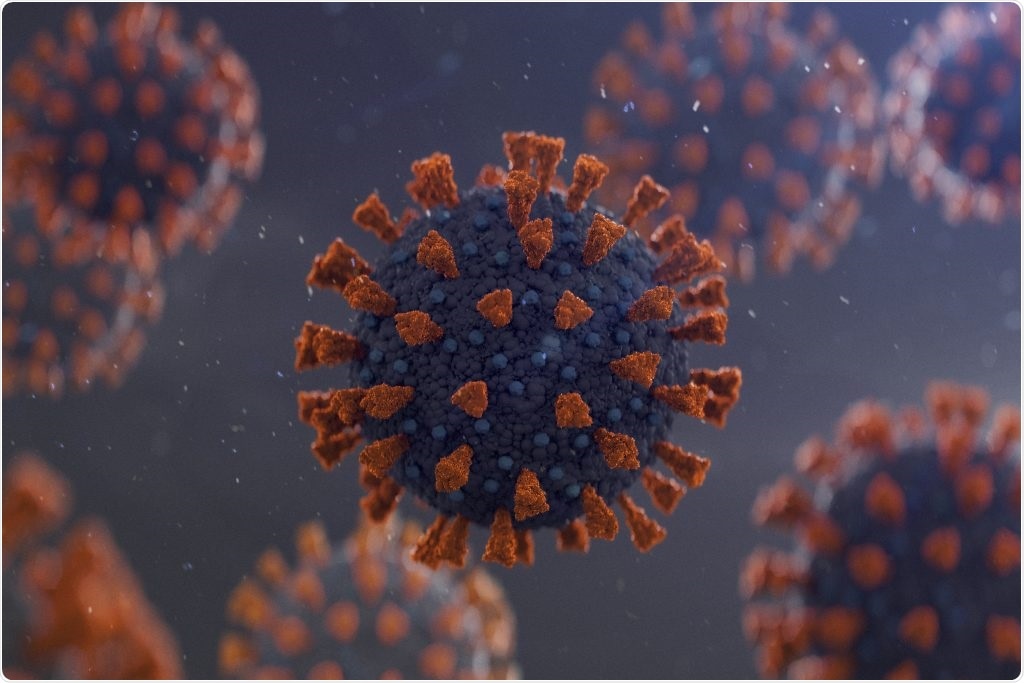In March 2020, scientists from the Department of Biomedical Engineering—a shared department in the schools of Dental Medicine, Medicine, and Engineering—started to design a new, cost-efficient, CRISPR-based diagnostic platform to spot infectious diseases, such as the novel coronavirus (SARS-CoV-2) and HIV virus.

A method of rapidly detecting infectious diseases like COVID-19 developed by UConn researchers is one step closer to being used by clinicians. Image Credit: Getty Images.
Now, this technique brings scientists one step closer to developing an advanced diagnostics technology for faster detection of infectious diseases.
Headed by associate professor Changchun Liu, the “All-In-One-Dual CRISPR-Cas12a” (AIOD-CRISPR) approach allows simple, fast, ultrasensitive, visual detection of SARS-CoV-2, meant for use in small clinics or at home.
In a study published in the Nature Communications journal, the team validated the clinical feasibility of the new platform using COVID-19 clinical swab samples. The team also used a cost-efficient hand warmer as an incubator to identify clinical sample results in less than 20 minutes.
The usage of disposable hand warmers to heat the AIOD-CRISPR assay eliminates need for expensive electric equipment, enabling instrument-free point of care molecular diagnostics of COVID-19.”
Changchun Liu, Associate Professor, University of Connecticut
The publication was jointly authored by postdoctoral researchers Xiong Ding and Kun Yin; PhD student Ziyue Li; professor and Associate Dean for Research Dr Rajesh Lalla; Dr. Enrique Ballesteros, associate professor and chair, pathology and laboratory medicine; and Dr Maroun Sfeir, assistant professor in pathology and laboratory medicine.
At present, nucleic acid amplification testing (PCR/RT-PCR) is the most specific and sensitive approach for early detection of pathogens, but despite this fact, it is not appropriate for fast point-of-care diagnostics because trained personnel and specialized laboratory equipment are generally required.
But highly contagious pathogens require real-time monitoring to prevent their transmission from one person to another.
In the new research work, Liu and his group assessed their AIOD-CRISPR technique by using the RNA extract of a total of 28 clinical COVID-19 swab samples, which comprised eight COVID-19 positive samples.
To guarantee the reliability of diagnosis, every sample was tested two times in two separate trials. All the eight COVID-19 positive samples were detected as positive in 40 minutes, which was also validated by visual detection. The results were also found to be consistent with those of the CDC-approved RT-PCR technique.
The team also used a cost-efficient hand warmer as an incubator to identify the patient samples so as to remove the requirement for an electric incubator. The AIOD-CRISPR tubes were directly positioned on an air-activated hand warmer, and the outcomes were seen by the naked eye under LED light. A couple of COVID-19 positive samples incubated in the hand warmer bag were visually spotted and found to be positive in 20 minutes.
Such simple, portable and sensitive detection platform has the potential to provide rapid and early diagnostics of COVID-19 and other infectious diseases at home, in doctor’s office, and even at drive-thru testing sites.”
Changchun Liu, Associate Professor, University of Connecticut
Source:
Journal reference:
Ding, X., et al. (2020) Ultrasensitive and visual detection of SARS-CoV-2 using all-in-one dual CRISPR-Cas12a assay. Nature Communications. doi.org/10.1038/s41467-020-18575-6.